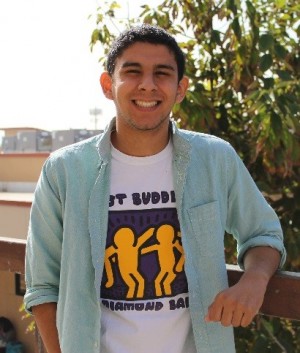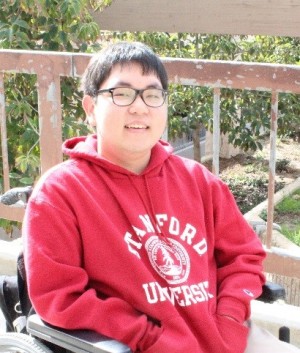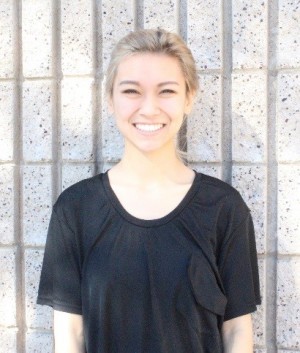“Yes”: An Early Acceptance
January 28, 2015



For most high school students, getting into your dream school is just, well, a dream. However, that dream has become an incredible reality for three students at Diamond Bar High School.
Kyu-Seo Ahn and Ruben Reyes Jr. were both accepted to Stanford University, and Angela Huang was accepted to the University of Pennsylvania’s Wharton School of Business. Huang was accepted through early decision, while Ahn and Reyes applied through restrictive early action.
“[When I found out,] I was still on campus, so first I called my parents and told them. After that, I walked around to thank all my teachers and GLC who had written letters of recommendation for me,” Reyes said.
Huang also found out about her acceptance while she was at school, and even burst into a freshman class screaming.
However, Ahn had a slightly more muted reaction.
“I was incredibly happy and relieved that I got in but one of my best friends who applied to Stanford also got rejected at the same time. My excitement was a bit muted, to say the least,” Ahn said.
Both Stanford and UPenn are world-renowned schools with extremely low acceptance rates. According to the Stanford Daily, of the 42,167 students who applied, only 2,138 students were admitted to the Class of 2018, a mere 5.07 percent. This marks the lowest admission rate in Stanford history and makes the school’s undergraduate program the most selective in the United States. In addition, UPenn, one of eight elite Ivy League schools, had a record-breaking 35,868 applicants this year with only 9.9 percent of these getting accepted, resulting in the most selective admissions cycle in the University’s history.
All three students can now relax during their last semester of high school and focus on preparing for the next four years of their lives.
“The nice thing is that I don’t have anxiety from having to see if I’m getting into college … [but] I still have lots of great work to do on campus,” Reyes said. The senior, who is involved with various extracurricular activities like Yearbook and Best Buddies, will spend the rest of his last semester finishing up various projects.
While both UPenn and Stanford have many appealing qualities, what draws each student to a school is different. Stanford was a good choice for Reyes, who is still fairly unsure of what he wants to do in life, because he believed that if he attended one of the best universities in the nation, he would be “in good shape” regardless of what field he ended up in.
UPenn was the obvious option for Huang because the school has a nationally-ranked business program. She also participated in a program that the Wharton School of Business hosted last summer and “fell in love with Philadelphia.”
There were more physical aspects that made Stanford the perfect fit for Ahn. “The land is flat, but the people are not. Being in a wheelchair, the terrain is really important to me; the flatter the ground, the better,” Ahn said.
There is a variety of factors that play into a student’s experience or success with college applications, and all three Brahmas attribute their success to different elements.
“I feel like the school culture at Diamond Bar really pushed me to excel. Everyone else in the school is just so smart … I would always feel bad whenever I wasn’t busy with something,” Huang said.
Reyes didn’t ask anyone to critique his application, and instead chose to complete everything on his own. “The biggest thing that helped me in applying was my experiences. It’s [easy] to write about what you hope to do in the future when you’ve seen things outside of your bubble,” he said. Reyes also believes that reading can help students understand the world as well as unfamiliar experiences.
Ahn, who is a member of Mock Trial and Debate Club, believes that students shouldn’t participate in activities just to look well-rounded on their applications. “Find a passion and never give up on it; be intrinsically motivated,” he said via Facebook.



